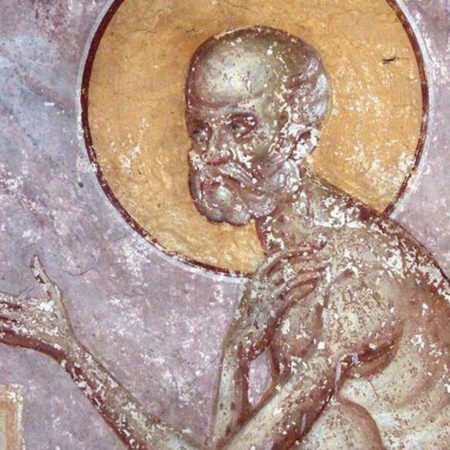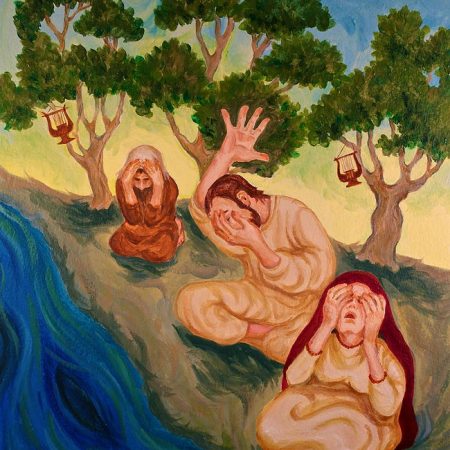Christ’s grief gathers up our griefs and achieves the promise of a day when tears will be no more.
Sermons on Grief
In calling us into the culture of God, Jesus calls us to give up our addictions to tribalism, competitive grief, and selective compassion.
Though the experience of grief often feels like an absence of God, it is a deep experience of the heart of God, and is symbolised as such in the brokenness of the Eucharist.
The good news of resurrection meets us in the darkest places of our lives and so is initially incomprehensible and disorienting.
Even in the midst of our worst troubles, uniting with God brings purpose and joy (which is not the same as mere happiness), and joy is an antidote to fear.
In times of rupture, we, like Isaiah, can pour out our words, images and even anguished songs as we try to gather up the pieces and make some sense.
Grief and suffering bring us close to the heart of the suffering God and can open us to God’s transforming and resurrecting power.
After horrendous suffering and loss, the most courageous and ultimately transformative response is to reinvest in life and love with passion and hope.
Faithful lament, even enraged and despairing lament, takes us close to the heart of God, though we usually can’t perceive God when we are there.
The experience of winter is God’s gift, inviting us to silence, healing and new depth of life.
It is in the midst of our tears that we discover that Jesus is not dead, but more alive than ever.
God will walk with us in suffering and work redemptively within it, but God is not powerful enough to just remove it.
Jesus’s encounter with Thomas and the first disciples can show us a thing or two about living under lockdown and hoping for a miracle to save us.
Jesus leads the way towards a new experience of life that is so utterly alive that death is powerless to threaten, limit or constrain it.
In the face of monumental devastation and suffering, God speaks a word, and the word becomes flesh.
There are plenty of reasons to despair of the future, but Jeremiah and Jesus show us a pathway of hope that overcomes despair.
Facing an epidemic of depression and despair, Jesus calls us to follow on a tear-stained path of prophetic faithfulness.
If you set yourself against the other, you also cut yourself off from the Father who loves you both. You diminish yourself, cut off the other, and break the Father’s heart.
In a world that is hell-bent on self-destruction, Jesus calls us to gather to him and to love faithfully and vulnerably with him, rather than surrendering to the hate and fear.
It is not from the halls of power but from humble places that the love which offers wholeness and healing and peace erupts into life.


















